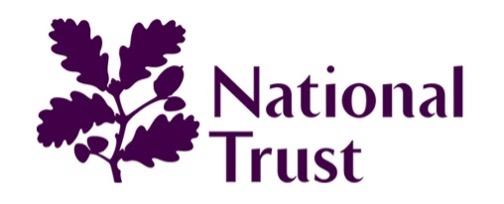About the Project
Since the 1990s contemporary artists have been commissioned to create temporary, site-specific responses to a wide range of heritage places across the UK - from grand palaces and country houses to historic designed landscapes, industrial waterways, and cathedrals. While the UK may arguably be regarded as a leading proponent of such practice, pilot international mapping research undertaken through our AHRC-funded 'Mapping Contemporary Art in the Heritage Experience' (MCAHE) project (2017-2020), indicated that contemporary art in heritage is more than just a UK phenomenon. Reflecting expanded global agendas within the wider museum and heritage sector, much of this work is concerned with articulations of difficult heritage, including a key focus on artistic engagement with colonial and postcolonial narratives. Despite this engagement with global concerns, and strong arguments made for diversifying the presentation of heritage, existing academic literature on contemporary art in heritage in the UK has primarily focused on the national scene, with little exploration of a broader transnational context. It is this gap in international knowledge that our Network specifically seeks to address.
Our project has three core objectives:
1. To examine and map national and transnational practices, ecologies, and infrastructures for contemporary art in heritage in a critical and global context, and to disseminate our findings to key research groups and professional networks.
2. To explore and test out new methods for transnational contemporary art in heritage activity including virtual art commissions and artists' residencies.
3. To initiate new transnational conversations and collaborations between academics and the contemporary art and heritage sector, potentially leading to the development of future international research projects and publications, conferences, commissioning programmes, curatorial and artistic exchanges.
These objectives will be met through an 18-month programme of activity (April 2023 - September 2024) organised around a series of international online meet-ups, pilot virtual artists’ residencies, an exploratory survey of international activity, and a closing online symposium open to all interested academics, artists, curators, and heritage professionals.






